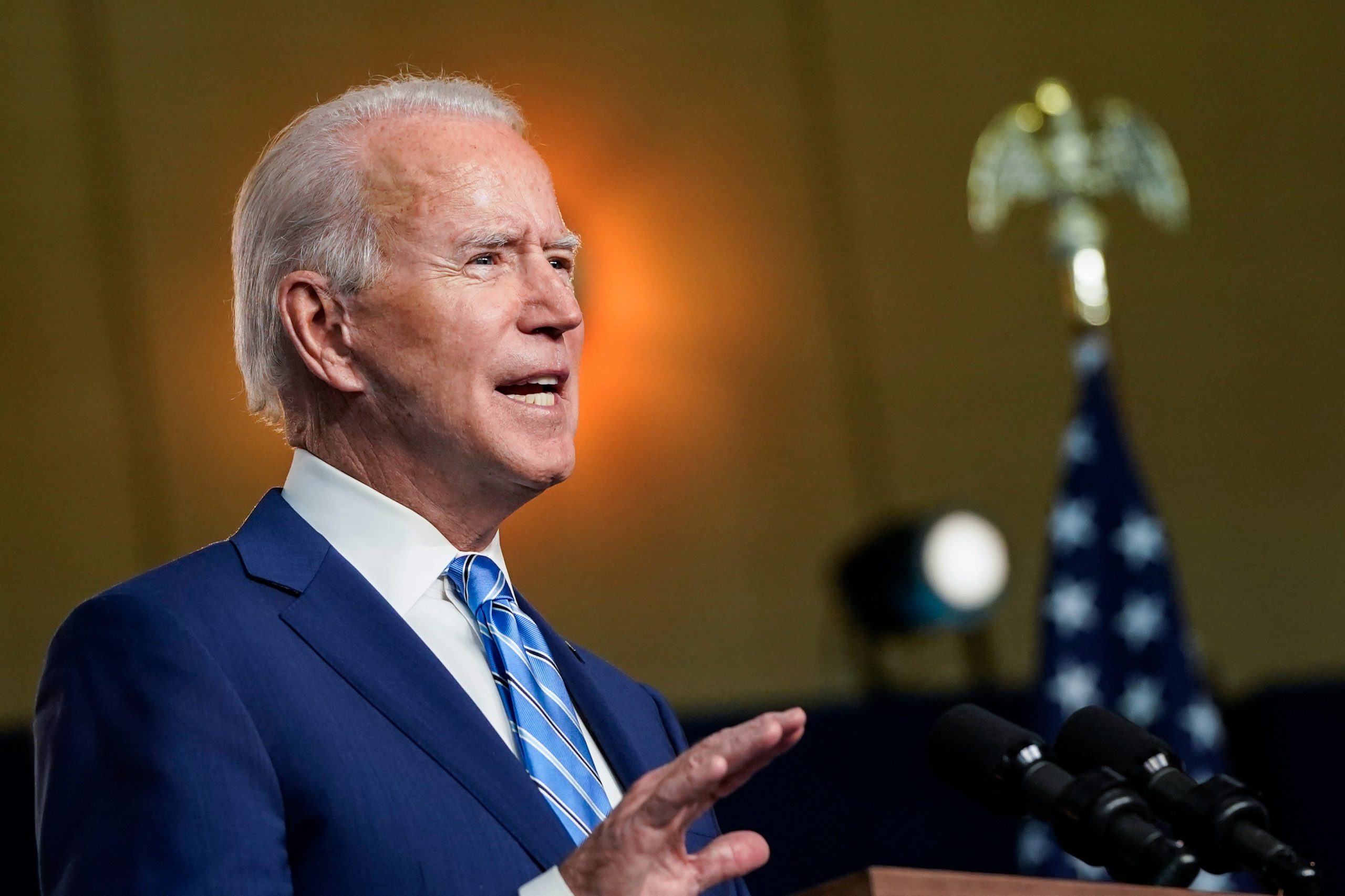The sweeping Inflation Reduction Act (IRA) implemented by Democrats in 2022 has made significant strides in combating climate change. However, if former President Trump regains the presidency, he will likely reverse these advancements or work with a Republican-led Congress to dismantle the law.
The IRA encompasses a range of measures, including tax credits for environmentally friendly energy sources and electric vehicles, funding for grants supporting climate-conscious projects, and penalties for oil and gas companies contributing to methane leaks.
Since its enactment, Republicans have targeted the IRA, and if they secure control of the White House and Congress in the upcoming election, they are expected to push for at least partial repeal.

Even if Republicans win the presidency but lack control of both houses of Congress or need time to strategize a repeal, a second Trump administration could utilize executive actions to undermine the IRA.
Some conservatives are advocating for such actions, suggesting a focus on minimizing taxpayer expenses and preventing financial support from flowing to entities like the Chinese Communist Party. Critical mechanisms for altering IRA programs could involve revising tax credit guidance issued by the Treasury Department.
The Biden administration has broadly interpreted these credits, expanding eligibility, especially concerning electric vehicles. Critics argue that these subsidies benefit foreign manufacturers and inflate costs for American consumers.
Trump’s campaign has vowed to repeal what it deems radical mandates, particularly those related to electric vehicles. They claim these mandates are detrimental to the American auto industry and a boon to China.

Some conservatives argue that tax credit policies could be scaled back through new Treasury interpretations without necessitating changes to the law itself.
However, the Treasury has defended its interpretations, which align with congressional intent and existing tax law. Despite possible challenges, conservatives remain determined to oppose IRA programs they view as excessive government intervention.
Congressional efforts to dismantle the IRA have faced resistance, with specific provisions garnering support from within the Republican Party.
While total repeal may be unlikely, essential modifications could be pursued. Nevertheless, restricting popular tax credits may invite political backlash.
The fate of the IRA hangs in the balance, with Democrats championing its climate-friendly provisions and Republicans seeking to roll back what they perceive as government overreach. The outcome of future elections will shape the trajectory of climate policy in the United States.


